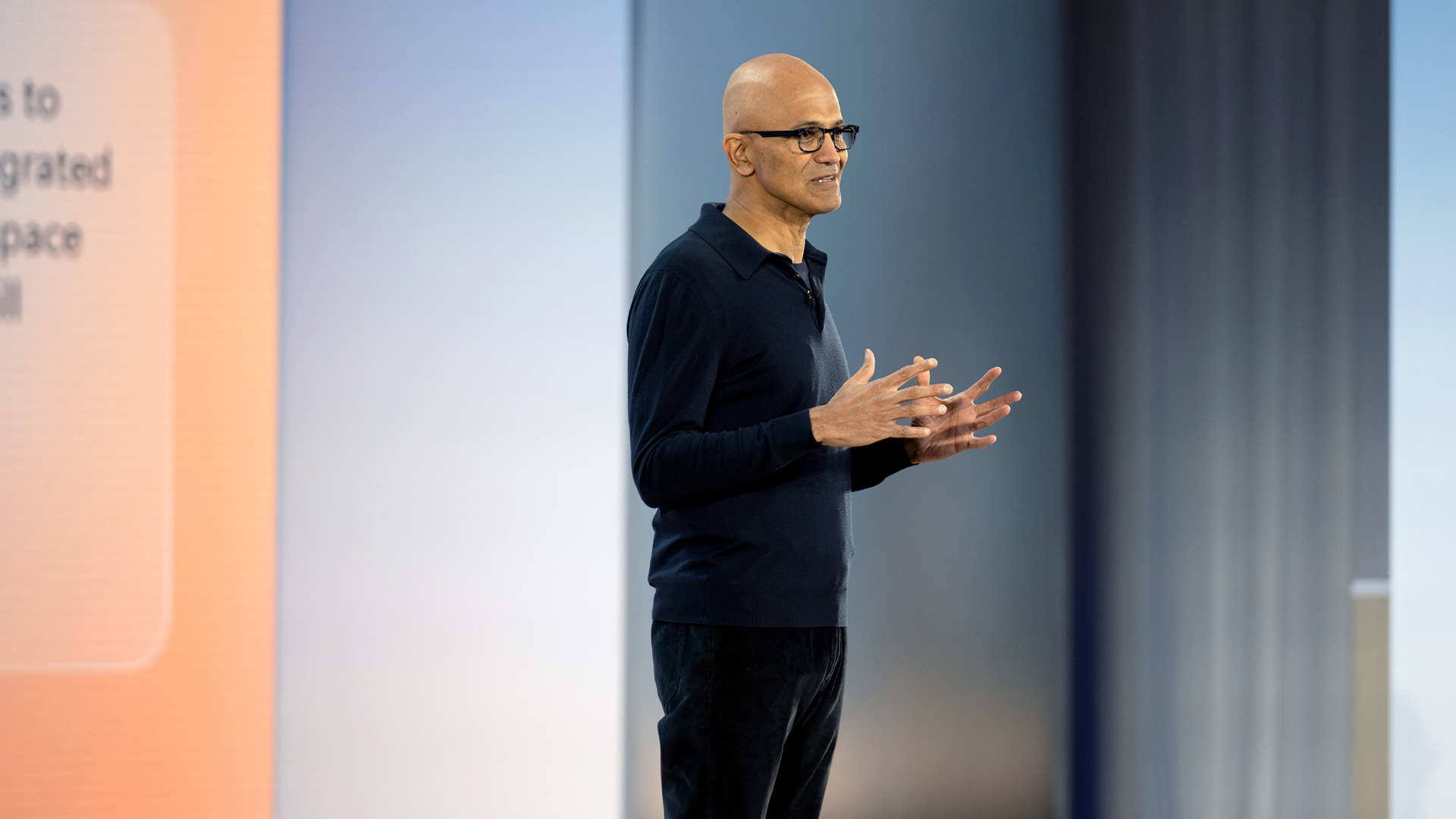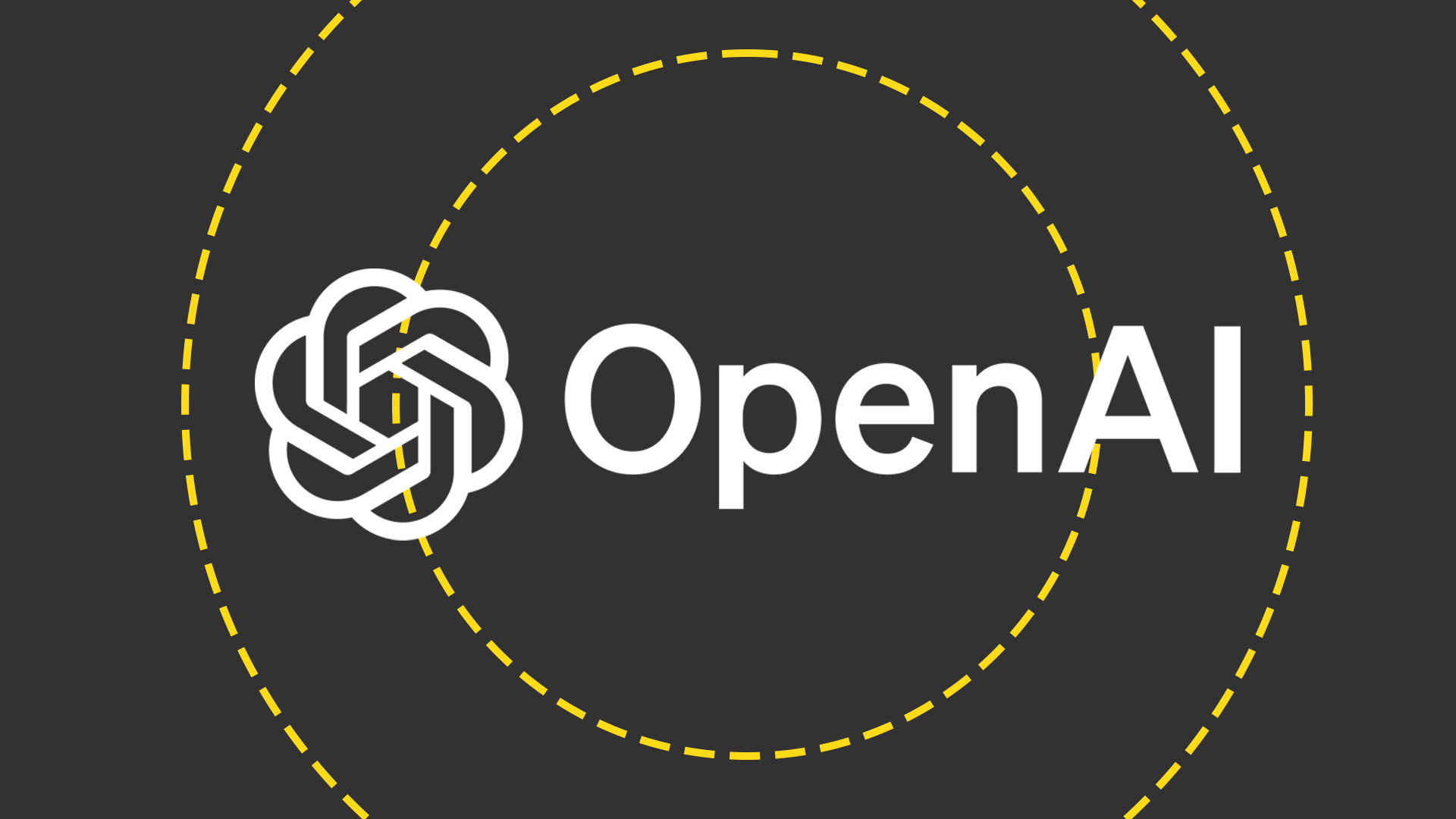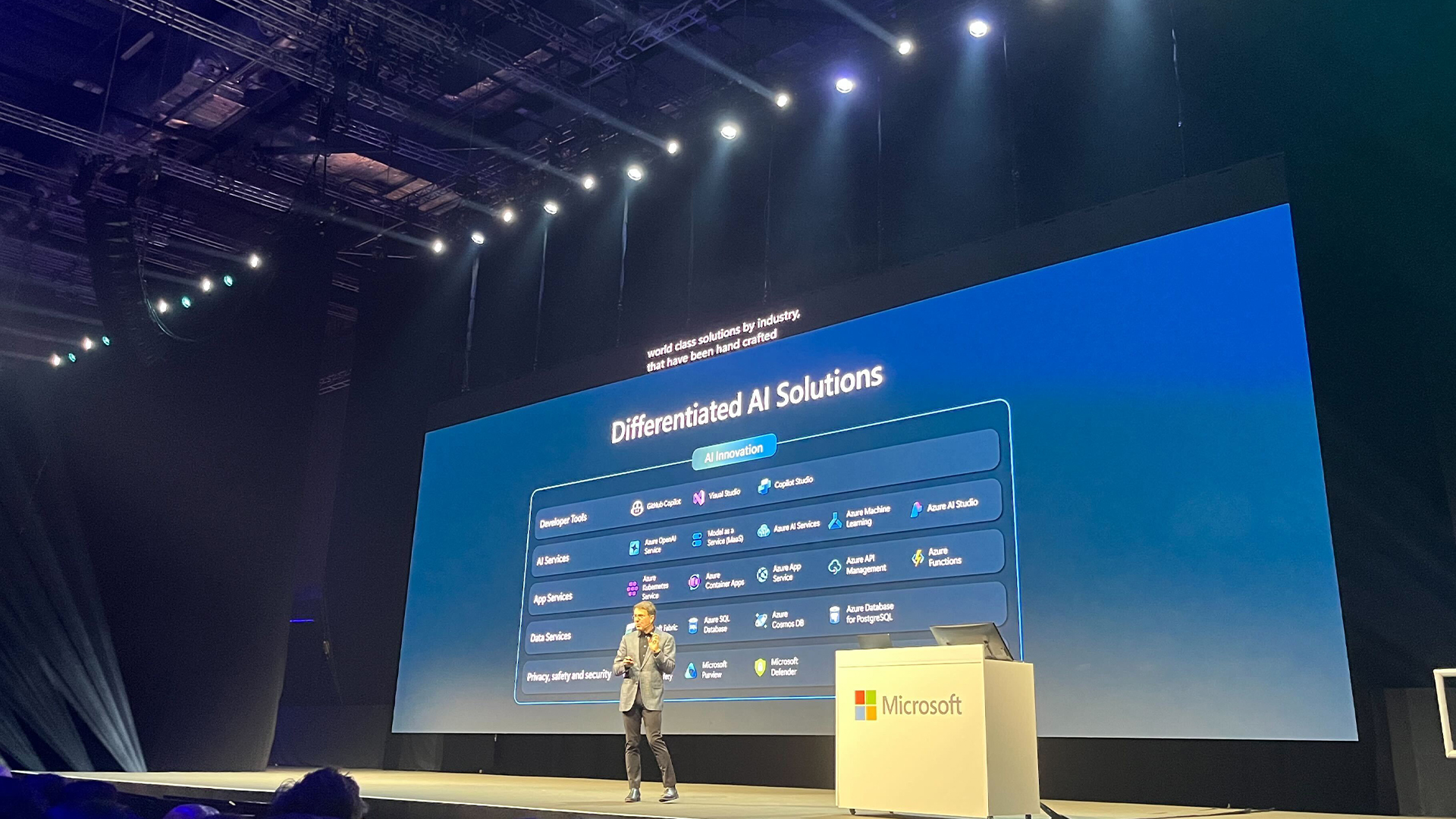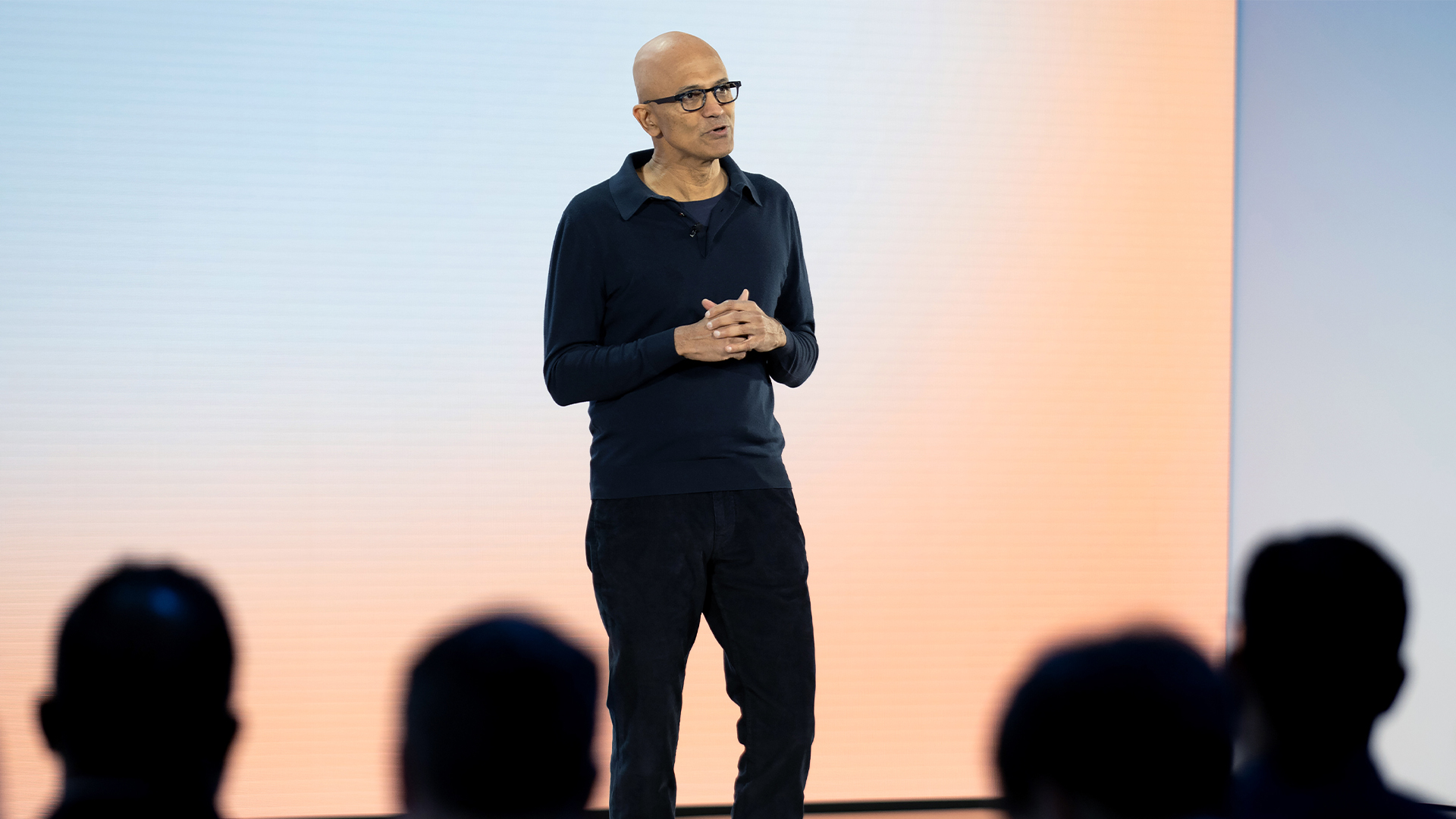Microsoft’s Mistral AI partnership has EU regulators concerned - here’s why
Microsoft has found its European champion in Mistral AI, but regulators worry the deal raises questions over the scope of control and influence the tech giant will have over the French startup


Microsoft’s multi-year partnership with Mistral AI has drawn the attention of European regulators amidst concerns over the extent of the deal between the two firms.
The partnership, officially unveiled this week, will enable Mistral AI to access Microsoft’s Azure and cloud-based AI infrastructure, in turn aiding the development and deployment of future Mistral large language models (LLMs).
The deal also represents an opportunity for Mistral AI to “unlock new commercial opportunities,” Microsoft said, through expanded access to global markets.
Microsoft revealed the partnership will focus on three key areas, including enabling Mistral to leverage the tech giant’s Azure AI supercomputing infrastructure to enhance the scale and performance of models.
Microsoft will also scale Mistral’s current offerings to market, making its premium offerings available to customers in the Azure AI studio and Azure Machine Learning model catalog, allowing Mistral to “promote, sell, and distribute their models to Microsoft customers worldwide.”
The partnership will allow for collaborative research and development, as the firms experiment with testing and training purpose-specific models for different customer bases, including “European public sector workloads.”
Mistral AI chief executive Arthur Mensch hailed the partnership as a “major milestone” for the French startup. In recent months, the company has positioned itself as a leading European contender to the US-based dominance in generative AI.
Get the ITPro daily newsletter
Sign up today and you will receive a free copy of our Future Focus 2025 report - the leading guidance on AI, cybersecurity and other IT challenges as per 700+ senior executives
Last year, Mensch targeted the goal of “creating a European champion” capable of competing with OpenAI and other major industry players.
RELATED WHITEPAPER

But while the partnership with Microsoft might represent a major seal of approval for the firm, regulators in the EU have flagged concerns over the scope of the deal.
Lawmakers in the union appear to have been broadsided by the announcement, and concerns have already been raised over Microsoft’s investment in the firm.
"The commission is looking into agreements that have been concluded between large digital market players and generative AI developers and providers," a spokesperson for the European Commission told Politico. "In this context, we have received the mentioned agreement, which we will analyze."
Initially, it was revealed the tech giant had pledged $16 million in funding for the Paris-based startup. But confusion over this followed after a Microsoft spokesperson told Reuters that it had invested in the firm without a stake.
Microsoft later clarified the investment would convert into equity in an upcoming fundraiser.
Alex Haffner, competition partner at UK law firm Fladgate said a key talking point for regulators in this instance is the “extent of Microsoft’s minority interest” in Mistral.
“EU merger control rules only bite if one party acquires a “decisive influence” over another, meaning in essence that they have the ability to influence the target’s business behavior through their rights as a shareholder or otherwise through any related contractual means,” he said.
Haffner added that lawmakers will be keen to establish the full extent of the relationship between the two firms following the deal.
“The likely initial questions European lawmakers will focus on is how the new deal works in practice and, more specifically, what rights Microsoft has acquired over Mistral in the context of the EU’s merger control framework/rules.”
Microsoft is no stranger to regulatory scrutiny
Microsoft’s relationship with partners in the generative AI space - specifically OpenAI - has been a source of contention in recent months.
In late 2023, competition regulators in the UK, US, and EU opened preliminary investigations into the relationship between the two companies amid concerns that the tie-up could harm competition in the artificial intelligence (AI) market.
A key factor in these investigations is the scale of Microsoft control over OpenAI activities. The UK’s Competition and Markets Authority (CMA) flagged concerns over whether Microsoft’s multi-billion-dollar investment in OpenAI amounts to an “acquisition of control.”
Similar views were flagged by both the Federal Trade Commission (FTC) and EU merger regulators, both of which noted that recent controversy surrounding OpenAI CEO Sam Altman’s ousting - and subsequent inclusion of Microsoft figures on the board - raise further questions about the scope of control.

George Fitzmaurice is a former Staff Writer at ITPro and ChannelPro, with a particular interest in AI regulation, data legislation, and market development. After graduating from the University of Oxford with a degree in English Language and Literature, he undertook an internship at the New Statesman before starting at ITPro. Outside of the office, George is both an aspiring musician and an avid reader.
-
 Bigger salaries, more burnout: Is the CISO role in crisis?
Bigger salaries, more burnout: Is the CISO role in crisis?In-depth CISOs are more stressed than ever before – but why is this and what can be done?
By Kate O'Flaherty Published
-
 Cheap cyber crime kits can be bought on the dark web for less than $25
Cheap cyber crime kits can be bought on the dark web for less than $25News Research from NordVPN shows phishing kits are now widely available on the dark web and via messaging apps like Telegram, and are often selling for less than $25.
By Emma Woollacott Published
-
 OpenAI woos UK government amid consultation on AI training and copyright
OpenAI woos UK government amid consultation on AI training and copyrightNews OpenAI is fighting back against the UK government's proposals on how to handle AI training and copyright.
By Emma Woollacott Published
-
 DeepSeek and Anthropic have a long way to go to catch ChatGPT: OpenAI's flagship chatbot is still far and away the most popular AI tool in offices globally
DeepSeek and Anthropic have a long way to go to catch ChatGPT: OpenAI's flagship chatbot is still far and away the most popular AI tool in offices globallyNews ChatGPT remains the most popular AI tool among office workers globally, research shows, despite a rising number of competitor options available to users.
By Ross Kelly Published
-
 Microsoft launches new security AI agents to help overworked cyber professionals
Microsoft launches new security AI agents to help overworked cyber professionalsNews Microsoft is expanding its Security Copilot service with new AI agents to help overworked IT teams deal with surging security threats.
By Bobby Hellard Published
-
 ‘DIY’ agent platforms are big tech’s latest gambit to drive AI adoption
‘DIY’ agent platforms are big tech’s latest gambit to drive AI adoptionAnalysis The rise of 'DIY' agentic AI development platforms could enable big tech providers to drive AI adoption rates.
By George Fitzmaurice Published
-
 ‘The entire forecasting business process changed’: Microsoft CEO Satya Nadella says Excel changed the game for enterprises in 1985 – he’s confident AI tools will do the same
‘The entire forecasting business process changed’: Microsoft CEO Satya Nadella says Excel changed the game for enterprises in 1985 – he’s confident AI tools will do the sameNews The Microsoft CEO says we need to change how we measure the value of AI
By George Fitzmaurice Published
-
 OpenAI wants to simplify how developers build AI agents
OpenAI wants to simplify how developers build AI agentsNews OpenAI is releasing a set of tools and APIs designed to simplify agentic AI development in enterprises, the firm has revealed.
By George Fitzmaurice Published
-
 Microsoft exec touts benefits of AI productivity gains
Microsoft exec touts benefits of AI productivity gainsNews Microsoft CCO Judson Althoff said the company is unlocking significant efficiency gains from AI tools internally.
By George Fitzmaurice Published
-
 ‘We’ve created an entirely new state of matter’: Satya Nadella hails Microsoft’s 'Majorana' quantum chip breakthrough
‘We’ve created an entirely new state of matter’: Satya Nadella hails Microsoft’s 'Majorana' quantum chip breakthroughNews Microsoft has unveiled a new chip it says could deliver quantum computers with real-world applications in ‘years, not decades'.
By Emma Woollacott Published